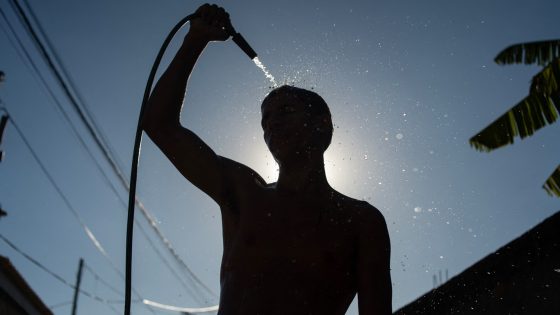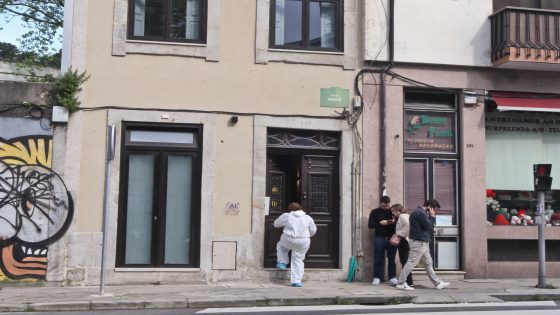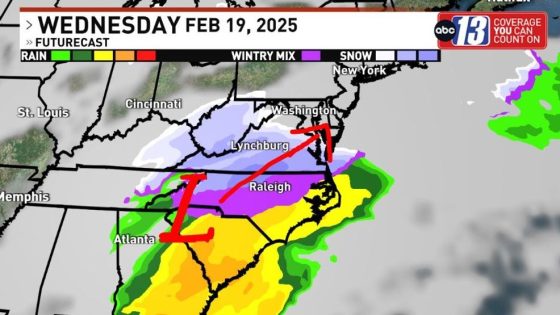February has brought an unusual heat wave to Rio de Janeiro, with temperatures soaring above 40ºC. This month is experiencing a severe lack of rain, leading to record-breaking heat that has left residents questioning the weather patterns. What is causing this extreme climate shift?
- Rio de Janeiro experiences unusual dry February.
- Extreme heat with temperatures exceeding 40ºC.
- Atmospheric blocking pattern inhibits rainfall.
- February's rainfall significantly below average.
- Record high temperature of 44ºC observed.
- Rain expected to return next week.
Rio de Janeiro’s February Heat Wave: What You Need to Know
Why is February in Rio so uncharacteristically hot? Typically, this month is known for its rain, but this year, the city is experiencing a record dry spell. The atmospheric blockages are preventing rainfall, leading to extreme temperatures. Residents are feeling the impact—how will this affect their daily lives?
Understanding the Climate Shift in Rio de Janeiro This February
This February marks one of the driest months on record for Rio de Janeiro, with rainfall levels significantly below average. The city’s climate is typically characterized by frequent rain showers during this time, but the current weather pattern has led to an alarming rise in temperatures. Here are some key points to consider:
- Temperatures have consistently exceeded 35ºC, with several days surpassing 40ºC.
- Rainfall from February 1 to 20 totaled only 1.8 mm, far below the average of 123.3 mm.
- Ten out of 33 rain measurement points in Rio reported no precipitation this month.
- The highest recorded temperature reached 44ºC, marking a new record for February.
Record-Breaking Temperatures and Their Impacts
Rio’s extreme temperatures have raised concerns about health and safety. With 19 days in February already hitting above 35ºC, residents are feeling the heat. This unusual weather pattern is reminiscent of late winter or early spring conditions rather than typical summer weather. How can residents cope with this relentless heat?
Future Weather Predictions for Rio de Janeiro
While the worst of the heat wave may be easing, high temperatures are expected to continue. Meteorologists predict that some rainfall may return next week, but overall precipitation levels will likely remain below average. Residents should prepare for ongoing warm conditions, especially during the afternoons.
In conclusion, the extreme weather in Rio de Janeiro this February serves as a stark reminder of changing climate patterns. As residents navigate this heat wave, staying informed and prepared is crucial for health and safety.
































